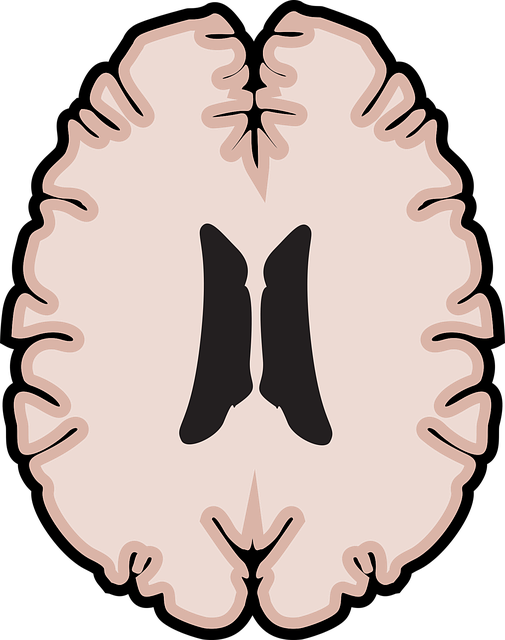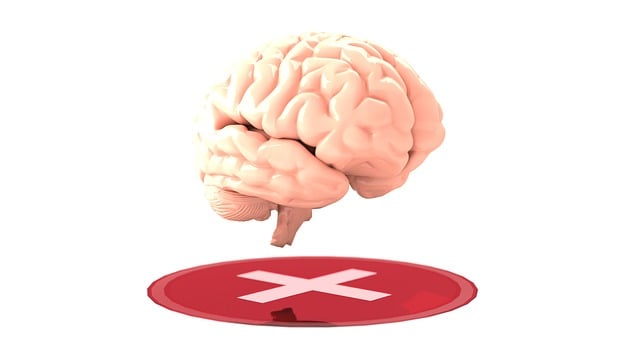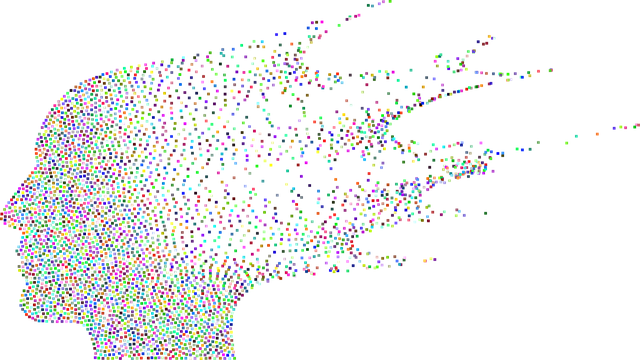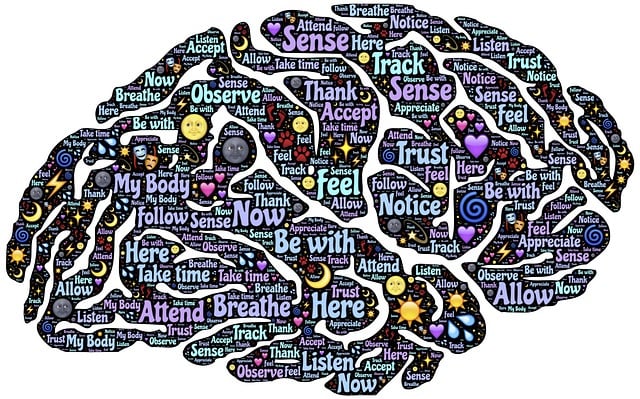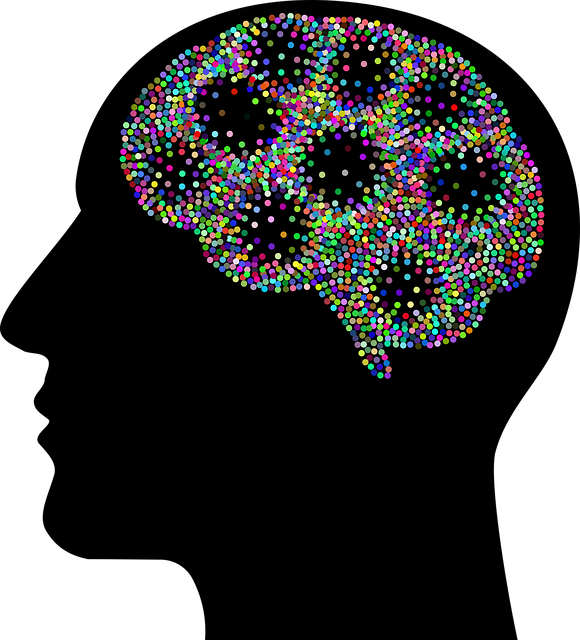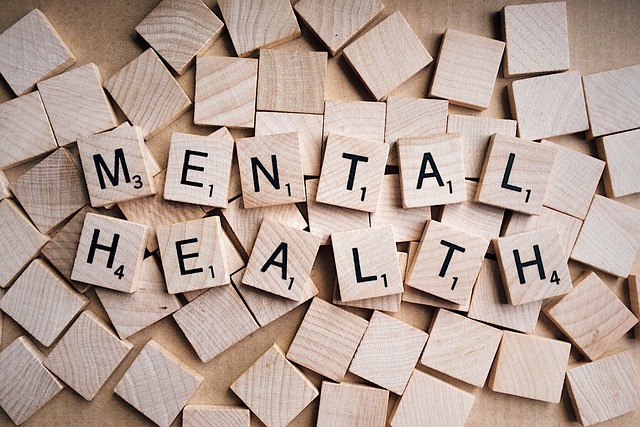Wheat Ridge Crisis Counseling Therapy leverages effective community outreach programs to connect with diverse underserved populations, reducing mental health barriers. Through tailored initiatives like Social Skills Training and self-care workshops, they empower individuals with practical tools for improved wellness. By setting specific goals, conducting needs assessments, and incorporating interactive workshops aligned with risk assessment frameworks, Wheat Ridge Crisis Counseling Therapy fosters trust and lasting positive change within communities. Continuous evaluation based on feedback and data ensures their programs remain impactful and adaptive to evolving community needs.
Wheat Ridge Crisis Counseling Therapy (WRCC) has recognized the power of community outreach as a vital strategy for fostering well-being. This article explores WRCC’s comprehensive approach to implementing successful outreach programs, highlighting key steps from understanding community needs to measuring impact. By setting clear goals, identifying target communities, and designing engaging activities, WRCC enhances accessibility and effectiveness in crisis counseling services. Through continuous improvement based on evaluation, they ensure their programs resonate with diverse audiences, ultimately strengthening the mental health landscape for all.
- Understanding Community Outreach: Why It Matters for Wheat Ridge Crisis Counseling Therapy
- Setting Clear Goals and Objectives for Effective Programs
- Identifying Target Communities and Needs Assessment
- Designing Engaging Activities and Workshops for Impact
- Measuring Success, Evaluating, and Continuous Improvement Strategies
Understanding Community Outreach: Why It Matters for Wheat Ridge Crisis Counseling Therapy

Community outreach is a vital strategy for organizations like Wheat Ridge Crisis Counseling Therapy to connect with and support their target audience effectively. By reaching out to the community, Wheat Ridge Crisis Counseling Therapy can foster a deeper understanding of the unique mental health challenges faced by various groups and tailor their services accordingly. This approach ensures that counseling and therapy are accessible and culturally sensitive, addressing barriers to care often experienced by underserved populations.
For Wheat Ridge Crisis Counseling Therapy, implementing community outreach programs offers an opportunity to go beyond traditional therapy settings. It allows them to engage directly with individuals who might not typically seek mental health support, such as those facing social isolation or struggling with low self-esteem. Through initiatives like Social Skills Training and promoting Self-Care Routine Development for Better Mental Health, the organization can empower community members with practical tools and knowledge. By integrating Self-Care Practices into their outreach, Wheat Ridge Crisis Counseling Therapy enables individuals to take proactive steps towards improving their overall well-being.
Setting Clear Goals and Objectives for Effective Programs

Effective community outreach programs require a clear vision and well-defined goals to make a lasting impact. When implementing initiatives like those offered by Wheat Ridge Crisis Counseling Therapy, setting specific objectives is crucial. These goals should be aligned with the organization’s mission and tailored to address the unique needs of the target community. For instance, a program focused on mental health awareness might aim to reduce stigma through educational workshops, increase access to counseling services, and foster a supportive network for individuals facing challenges.
By setting measurable objectives, such as increasing service reach by 20% or establishing partnerships with local schools, organizations can track their progress and adapt strategies accordingly. Incorporating elements like Mental Wellness Coaching Programs Development, Conflict Resolution Techniques, and Self-Care Practices ensures the programs are comprehensive and cater to various aspects of community members’ lives, ultimately enhancing overall mental wellness.
Identifying Target Communities and Needs Assessment

Identifying Target Communities is a crucial first step in designing effective community outreach programs. At Wheat Ridge Crisis Counseling Therapy, we focus on understanding the unique needs and challenges within specific neighborhoods and demographics. By conducting thorough Needs Assessments, our team can pinpoint areas where services are lacking or where specialized support can make the most significant impact. This involves engaging with local leaders, studying existing data, and directly listening to community members to gain insights into their struggles, whether it’s addressing issues of mental health, such as Anxiety Relief and Mood Management, or fostering an environment that boosts self-confidence and overall well-being.
The process ensures that outreach efforts are tailored to the specific needs of each community, fostering a sense of trust and connection. For instance, a low-income neighborhood might require programs focused on financial literacy and employment support, while another area struggling with substance abuse could benefit from specialized counseling services targeting addiction recovery and family therapy. This targeted approach maximizes the impact of resources, ensuring that support is where it’s most needed to create lasting positive change.
Designing Engaging Activities and Workshops for Impact

When designing engaging activities and workshops for community outreach programs like those offered by Wheat Ridge Crisis Counseling Therapy, it’s essential to incorporate interactive elements that cater to diverse learning styles. This involves combining traditional lectures with hands-on exercises, group discussions, and multimedia presentations. By utilizing Mind Over Matter Principles, facilitators can create an immersive environment that encourages active participation. For instance, workshops on stress management or crisis intervention guidance might include role-playing scenarios to help professionals develop confidence in handling sensitive situations.
Moreover, aligning activities with the Risk Assessment for Mental Health Professionals framework ensures that sessions are both comprehensive and practical. This could involve case studies and scenario analyses that challenge participants to apply learned concepts. Engaging formats like games or creative arts can make these workshops memorable and impactful. Such interactive approaches not only enhance knowledge retention but also foster a sense of community, enabling professionals to connect, share experiences, and collectively advance their skills in crisis intervention.
Measuring Success, Evaluating, and Continuous Improvement Strategies

Measuring success and evaluating community outreach programs like those offered by Wheat Ridge Crisis Counseling Therapy is a multifaceted process. It involves assessing both qualitative and quantitative data, including client feedback, participation rates, and changes in mental health indicators. By utilizing surveys, interviews, and case studies, organizations can gather insights into the program’s impact on individuals and families within the community.
Continuous improvement strategies are pivotal for enhancing these programs. Incorporating crisis intervention guidance and risk management planning for mental health professionals ensures that services remain effective and up-to-date. Additionally, focusing on coping skills development allows for more comprehensive support. Regular reviews and adjustments based on feedback and data enable organizations like Wheat Ridge Crisis Counseling Therapy to adapt their outreach initiatives, ultimately improving outcomes and fostering stronger community connections.
Wheat Ridge Crisis Counseling Therapy’s commitment to community outreach programs is a powerful step towards fostering resilience and well-being. By setting clear goals, identifying specific community needs, and designing engaging activities, they can effectively reach and support diverse populations. Continuous evaluation and improvement ensure that these initiatives remain impactful and relevant. This strategic approach not only enhances the organization’s reputation but also strengthens the overall mental health landscape in the community it serves.



